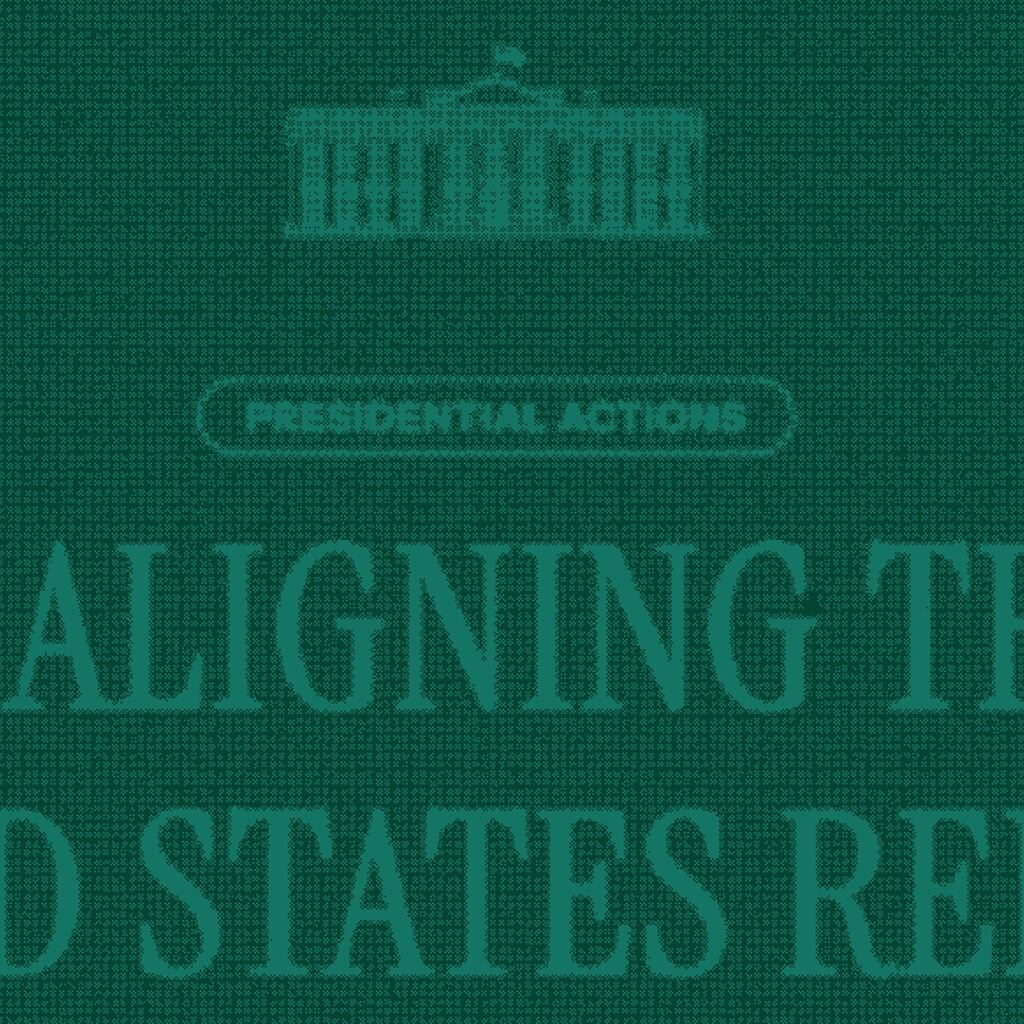Trump’s Executive Orders: “My Family’s Concerns Have Deepened”
Written by Hussain Ali Haidari

When Donald Trump took office on January 20 of this year, he signed 8 executive orders related to immigration. As a result, thousands of Afghans who had planned to immigrate to the United States are now being forced to delay their plans. Recently arrived families waiting for their loved ones to join them no longer know if or when they will be reunited.
In interviews with New Home, several of these families shared their concerns about their relatives who remain in Afghanistan. Their names have been changed to protect their identities.
Mahtab* says that her father, two brothers, and two sisters are still in Afghanistan. She arrived in the United States with her mother and one of her brothers about three years ago, settling in Minnesota. Throughout this time, she has constantly worried about her family.
According to Mahtab, her family’s immigration case had made significant progress, but Trump’s return to power have caused delays. Their application was being processed with the help of the U.S. Refugee Admissions Program (USRAP), but because of Trump’s executive order suspending USRAP, the process was abruptly halted. Now, her family in Afghanistan is more anxious than ever, fearing they may lose their chance to relocate to the U.S. and be reunited with loved ones.
Mahtab emphasized that her family does not feel safe in Afghanistan and has no stable income, so she must support them financially from the U.S. They hope that their family can come to the U.S. from Kabul as soon as possible. Mahtab and her family are calling on President Trump’s administration to make exceptions for Afghan applicants in his executive orders.
According to Mahtab, life under Taliban rule is terrifying and oppressive, especially for women. Like her family, thousands of other Afghans have been affected by these policies, which severely restrict freedom of speech, association, movement, education, and privacy, and expose women, queer people, and ethnic minorities to state enacted violence and repression.
The Afghan Evac Foundation stated in a press release on January 28th , that around 20,000 Afghan allies of the United States and their families have been affected by Trump’s executive order, leaving them facing an uncertain future. Many of these Afghans had already been approved for relocation, and after completing interviews at the U.S. Embassy and the International Organization for Migration (IOM), they were awaiting their flights to the United States.
Following Trump’s decision, several U.S. veterans and members of Congress urged him to make exceptions for Afghan refugees in this process. However, J.D. Vance, Vice President of the United States, stated that they would not allow the resettlement of thousands of Afghan migrants on the grounds that they have not undergone proper security screening.
In an interview with CBS, Vance firmly defended Trump’s decision to suspend Afghan refugee resettlement. He argued that some asylum cases had not been thoroughly vetted before entry into the U.S. USRAP, before it was suspended, conducted both biometric and biographical checks as well as personal interviews at multiple points in the vetting process, both before and after individuals entered the United States.
On January 31st, Senators Rick Scott (R-FL) and Joni Ernst (R-IA) introduced the Afghan Vetting Accountability Act , which if made law, would introduce recurring periodic vetting for parolees already living in the U.S. “for the duration of their parole period”. It does not outline any vetting requirements for Afghans not yet in the United States or propose any process for those whose cases were being processed through USRAP.
Later, on February 5th, Senator Amy Klobuchar (D-MN) released a letter with Senators Dick Durbin (D-IL), Richard Blumenthal (D-CT), Chris Coons (D-DE), and Mark Kelly (D-AZ) addressed to the Secretary of Defense, Secretary of State, and Secretary of Homeland Security emphasizing the United States’ obligation to its wartime allies as “a matter of national interest and national honor” and asking for clarification and policy guidelines to be provided for several groups of Afghan evacuees in different situations, including for Afghans processed through the Special Immigrant Visa program, previously approved refugees and SIV recipients who need support to travel to the United States, those who arrived legally just before the suspension of USRAP and lost access to “placement and reception services”, and Afghans who worked with the U.S. service seeking resettlement for their family members.
The letter also asks the Department of Homeland Security to extend and redesignate Temporary Protected Status for Afghans, which is set to expire on May 25th of this year.
While members of congress have spoken out against these executive actions and in at least one case a federal judge ruled in favor of migrants, the current administration has forged ahead with deportations – including of individuals from Afghanistan to countries in Latin America who are willing to accept and process them, such as Panama.
Meanwhile, Mohammad* says that his family, who was transferred to Qatar about a month ago for the final stages of their immigration process, now have no idea when they will be able see each other again.
Mohammad has already rented a home for his family in the U.S., but he has no idea when they will be able to join him. He has been waiting for nearly three years for their immigration case to be processed. Since Trump’s executive order went into effect, he says he has been unable to sleep at night, constantly wondering when his family will finally arrive.
He emphasized that the situation in Afghanistan is well known to everyone, and President Trump should make “exceptions for Afghan refugees”. Waiting for his family, he said, has been the hardest experience of his life in the United States.
Restrictions imposed by Trump’s executive orders on USRAP may be lifted after 90 days, allowing thousands of Afghans to once again immigrate to the United States. Since the fall
of Afghanistan in August 2021, the U.S. government has relocated approximately 180,000 former Afghan allies to the country.
Recently resettled Afghans are not only missing their loved ones abroad and worried for their safety. Individuals and families who relied on USRAP based resettlement support (such as the Welcome Corps) are now struggling due to the suspension of government assistance for refugee resettlement.
Ali* arrived in the U.S. about three months ago. He says the organization responsible for his resettlement informed him last week that they could no longer provide the financial support they had promised – which included 6 months of rental assistance – when he arrived due to the sudden loss of federal funding.
This initial financial aid is a lifeline for recently arrived individuals and families, and contributes to positive outcomes and financial self-sufficiency for the majority of refugees that are allowed to benefit. This investment in newly arrived refugees also pays dividends into the U.S. economy.
Immigrant rights organizations, military veterans’ groups, and members of Congress are pushing for the admittance of Afghan refugees – and all refugees — to resume. Immigration lawyers are seeking alternative pathways refugees and their family members can utilize in the meantime. Still, the disruption of USRAP and associated stateside support programs have set back hoped for reunification of families for months or even years and exposed vulnerable individuals to continued danger and uncertainty.
Sign up to receive New Home in your inbox:
This article is from our weekly newsletter.
Sign up to receive New Home in your inbox:
